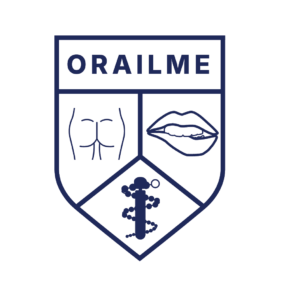Undocumented students covered by the Deferred Action for Childhood Arrivals program — commonly known as Dreamers — will soon have access to emergency financial support for costs relating to document renewals and attending UR.
In October, SA President Jordan Smith and Vice President Becca Mooney announced at an SA Senate meeting that they would create an online fund to help students impacted by President Donald Trump’s decision to end the DACA program.
“It’s been really challenging for both documented and undocumented students on campus,” Smith said. “So we decided we should start a fund that was originally intended to help students pay renewal fees.”
The long-term nature of the fund extends its use from purchasing books to things like the nearly $500 fees that had been associated with DACA renewal, though the cost of status renewal is currently unknown. It also means that even if DACA or a similar program is reinstated by Congress, the fund will remain relevant to the students it impacts.
Both the University and UR DREAMers, a group of DACA-covered students, support the initiative. Leading the reigns on the administrative side is Director of International Student Engagement Molly Jolliff. Sophomore Haydi Torres and graduate student Kevin Graham, both involved with UR DREAMers, are taking up the task on the student side.
“The fund denotes the institution’s intention to be proactive instead of reactive,” Graham said. “When DACA was rescinded on September 5, for many institutions across the United States it was a reaction. ‘How can we protect our students? How can we support them? How do we get them the resources?’ […] Here, now, the rationale behind this is to have funds available.”
The fund, expected to attract donations from the broader Rochester community, will be set up to quickly process applications for the release of funds. This, according to Graham and Torres, is to ensure that when the money is needed, students don’t need to stress about being in limbo for an extended period of time.
The fund, however, does have its limitations. It cannot help students find a job, nor can it help with problems outside of the scope of attending UR.
The fund’s organizers are hoping for an outpouring of donations to help support the population of impacted students on campus.
“We need to be prepared, because when the DACA decision was made, we were lucky to have UR DREAMers, we were lucky to have a community of allies […] that are willing to work and be proactive,” Torres said. “The day the DACA decision came in, we were watching [TV] at the [Burgett Intercultural Center]. After that happened, the next day we had the DACA Check-In [event], and we had around 10 students who, for the first time, came forward out of the shadows.”
Torres discussed how at places like the Rochester train station and bus terminal, immigration officials are on the prowl to check people’s documentation.
She felt reassured that the new fund would help to mitigate the risks for students by providing them the necessary funding to have proper documentation.
“The community that’s coming together gives you so much faith and hope,” Torres said, adding, “You have a community that’s going to stand up for you.”
Graham credited the many players involved with what he hopes is the success of the fund.
“I think this fund is a resounding representation of the University truly walking in its mission,” Graham said. “I’m overjoyed by it, because I know it will be impactful.”


